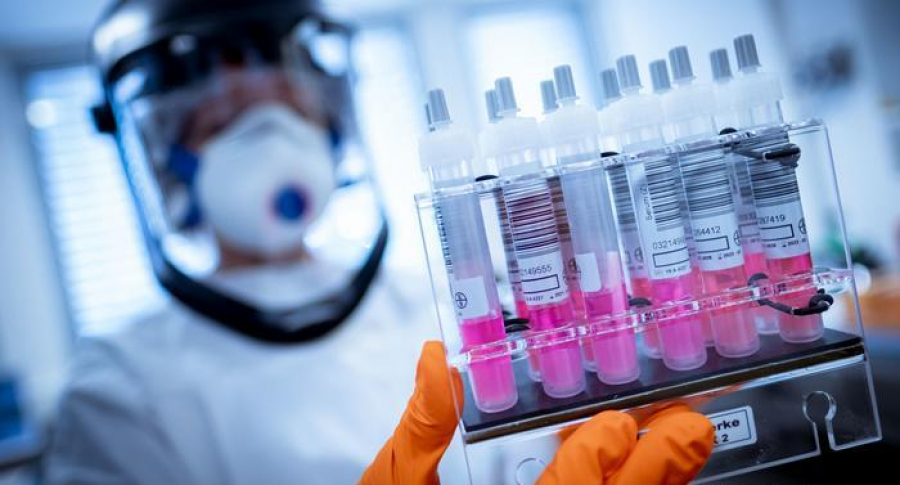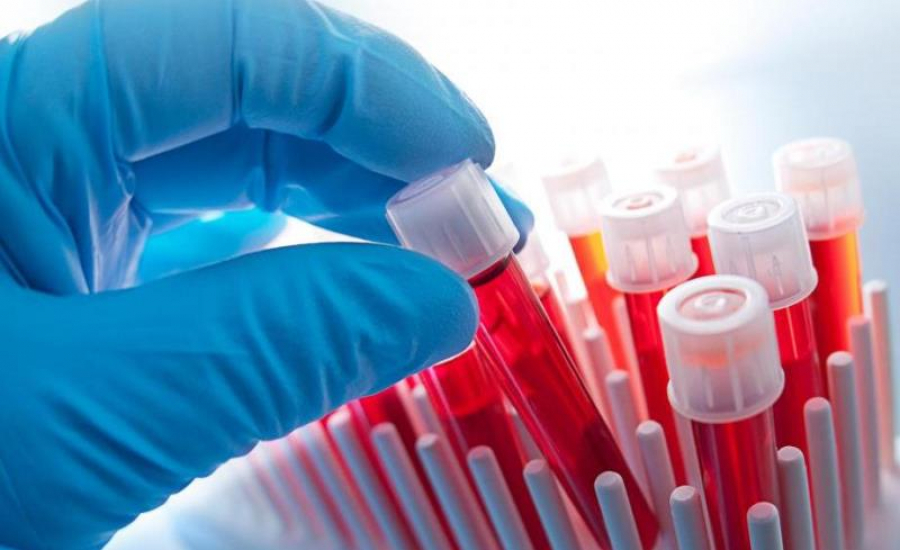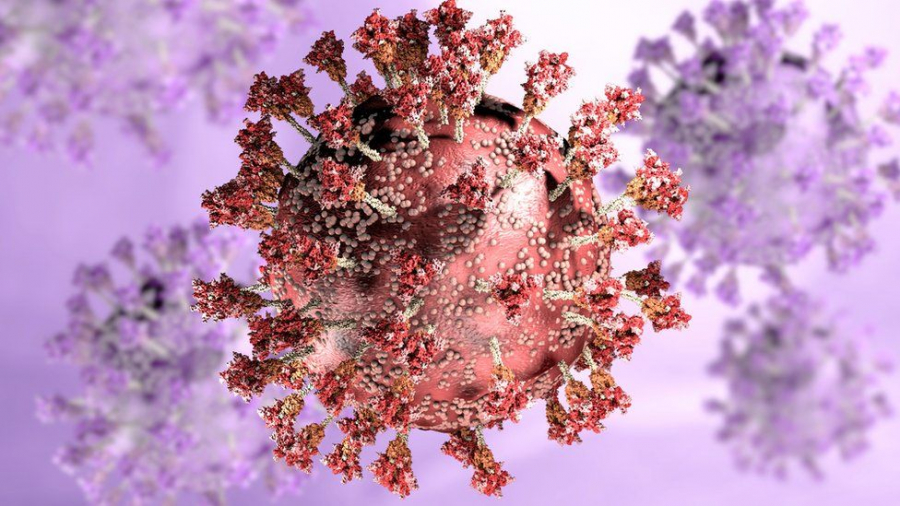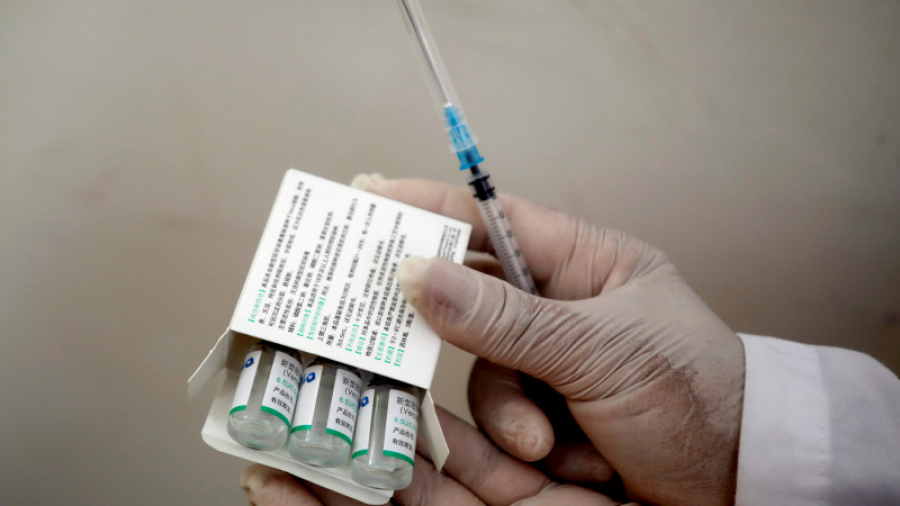
Kazakhstan and China are
fruitfully cooperating in the field of medicine. A ceremonial opening of a
joint laboratory at the National Centre for Biotechnology took place in Astana.
This laboratory will focus on genomic sequencing, biomarker research, and the
development of new methods for cancer diagnosis and treatment. It is the first
laboratory of its kind in Kazakhstan, aimed at enhancing cancer diagnostics.
Innovative genomic and omics technologies will allow for more research and the
training of personnel for Kazakh medical institutions. In the future, there are
plans to expand research into other infections. Currently, the projects are
focused on prenatal diagnostics and rectal cancer. It is planned to start
producing reagents a year after the research is complete.
«We will primarily involve our
trained personnel from the holding’s subsidiary company. Additionally, we will
provide training for staff at external medical institutions, including practicing
doctors and laboratory technicians who will conduct research. The second major
phase includes manufacturing reagents for these studies, specifically test
systems for cancer research. We have reached agreements with a Chinese company
to establish production of these systems at our facility. This marks the second
stage of our plans,» said Yergali Abduraimov, General Director of QazBioPharm
National Holding.
«Four years ago, with
Kazakhstan’s partners, we together fought against the COVID-19. From that, we
wanted to upgrade not only just screening the infectious disease, but we wanted
to make precision medicine that can be enjoyed by more people. So, this is the
drug line we call the genomics or OMICS Lab. We just want to bring the
cutting-edge technology which has already proven it can succeed in China, and
can be used here in the country and for the country. And so, at the same time,
we also will launch the short training course to help the local team learn how
to do the omics test and to use the precision diagnostic method to help people
to say bye to the inherited diseases,» said Yin Ye, CEO of a genomic research
and biotechnology company.









